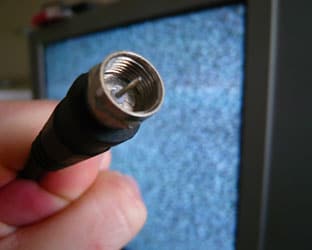The University of Central Florida and Brevard Community College are teaming together to keep Orlando and its environs in the PBS loop after the loss of the market’s former affiliate due to sale. Digital side channel capability is part of the reason the move is possible.
The station, currently WBCC-DT, is licensed for operation on Channel 30, and is considered to be on virtual Channel 68. It will be known as WUCF and offer a full range of PBS programming on 68.1. WBCC, which has been a secondary source of PBS programming in the area, will operate on 68.2 and a channel being known as UCFTV will operate on 68.3.
The former PBS affiliate, WMFE-TV, was sold to religious Daystar Network.
“In April, when WMFE-TV announced its affiliation with PBS would end as of June 30, we at UCF knew that Central Florida stood to lose a treasured community resource,” said President John C. Hitt. “However, as America’s leading partnership university, we also know that great turnarounds can happen for the common good through the power of partnerships. I look forward to July 1 and enjoying some of my favorite shows on the new WUCF TV.”
“We’re thankful that the University of Central Florida and Brevard Community College are partnering to ensure that the people of Orlando continue to benefit from the full range of high-quality PBS content and services,” said PBS President and CEO Paula Kerger. We look forward to working with WUCF TV to offer the very best of national and locally produced content to the people of Orlando.”
BCC President James A. Drake added, “Serving our communities is a key component of our institution and our partnership’s mission. We believe our new partnership channel, WUCF TV, will fulfill our mission by delivering programming to viewers that will educate, enlighten and inspire.”
Details of the plan are still being worked out, including satellite carriage of the new PBS outlet.
RBR-TVBR observation: Thanks to digital television technology, residents of Orlando and the beach communities to the east will have access to valued PBS programming for children and adults, while retain access to the programming of local interest produced by the two schools. None of this would be possible if this channel gets squeezed in the FCC’s hunt for spectrum. Once again, the need to find a solution that leaves room for television and broadband, not one of the other, is underscored.




